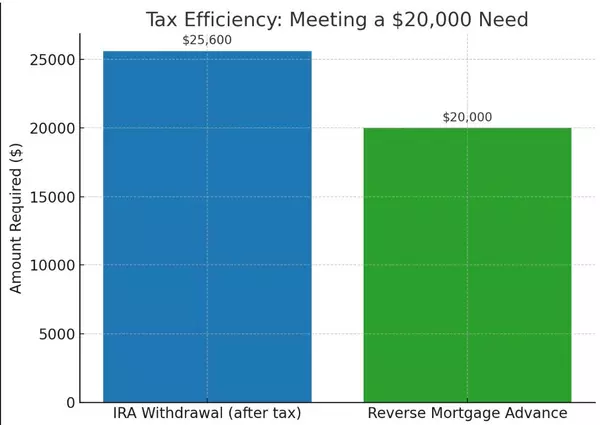Understanding Loan Assumption in Real Estate: Benefits and Considerations for Buyers and Sellers

Understanding Loan Assumption in Real Estate: Benefits and Considerations for Buyers and Sellers
In the ever-changing real estate market, loan assumption is a strategy that is gaining traction, especially in times of higher interest rates. For both buyers and sellers, understanding the benefits of assuming a loan—whether it's a way to cash out, downsize, or relocate—can make a substantial difference in the buying or selling experience. In this article, we will break down how assuming loans can work in today’s market, especially in relation to interest rates, and why it might be the right choice for both parties.
What Is Loan Assumption?
Loan assumption in real estate refers to the process where a buyer takes over the seller's existing mortgage. Essentially, the buyer assumes responsibility for the remaining balance of the loan, under the same terms, rather than obtaining a new mortgage. While it may not always be an option, loan assumptions can offer significant benefits in certain situations.
The Impact of Interest Rates on Loan Assumption
One of the most notable benefits of assuming a loan right now is the comparison between current interest rates and those from 3-5 years ago. Over the last few years, interest rates have risen sharply, particularly from their historically low levels in the aftermath of the COVID-19 pandemic.
- Current Interest Rates: As of 2025, the average interest rate for a 30-year fixed mortgage hovers around 6-7%, a significant increase from the 2-3% rates homeowners were enjoying just a few years ago.
- Interest Rates 3-5 Years Ago: In 2020-2022, mortgage rates were at historic lows, with the 30-year fixed mortgage rate as low as 2.65% in 2021. These ultra-low rates encouraged many people to buy homes, refinance, or invest in real estate.
For buyers today, assuming a loan with a lower interest rate could be a highly attractive option. For example, if a seller has a mortgage locked in at a 3% rate, a buyer who assumes that loan could avoid the higher rates now prevalent in the market, resulting in substantial long-term savings.
Why It Could Be a Benefit for Homeowners: Cashing Out, Downsizing, or Moving Out of the Area
For sellers, loan assumption can be a great way to cash out, downsize, or move to a new area while still benefiting from the equity they've built in their homes.
- Cashing Out: Homeowners looking to sell may be able to command a higher sales price if they offer loan assumption as an option. The appeal of lower interest rates can encourage more buyers to engage, especially in a market where rates are higher than they were a few years ago.
- Downsizing: Those looking to downsize might be able to use a loan assumption as a way to move into a smaller home while keeping their mortgage rate intact. It provides financial stability, especially if they don’t want to refinance into a higher rate.
- Moving Out of the Area: For homeowners relocating due to work, family, or other reasons, assuming their loan can offer an easier transition. Buyers who are interested in moving to a new area may find this option appealing, especially if the seller’s mortgage rate is far lower than current rates in that area.
The Seller’s Advantage: Marketing Their Home for More Due to the Escaped Rate Buy Down
For sellers, offering loan assumption can potentially add significant value to their home’s sales price. This is because the buyer may be willing to pay more for a home with a lower mortgage rate.
- Escaped Rate Buy Down: When a buyer assumes a seller’s loan, they are essentially “escaping” the higher current interest rates in favor of a lower rate that was locked in a few years ago. This is particularly advantageous for buyers who can’t afford a home at today's rates. Sellers can use this as a selling point, marketing the home as an opportunity to bypass today’s less favorable financing options.
- Bringing More Value to the Sales Price: This “hidden value” can often allow a seller to command a higher sales price for the property. Instead of offering price reductions or incentives like rate buydowns, which require sellers to pay closing costs, the seller can receive the full sales price with the benefit of the loan assumption without additional financial outlay.
This scenario creates a win-win for both the buyer and the seller. The buyer gets a lower monthly mortgage payment, while the seller can negotiate a higher sale price for their property, ensuring they leave the transaction with more cash in hand.
Benefits for Buyers: Loan Assumption vs. Buying Down the Rate
Categories
Recent Posts











